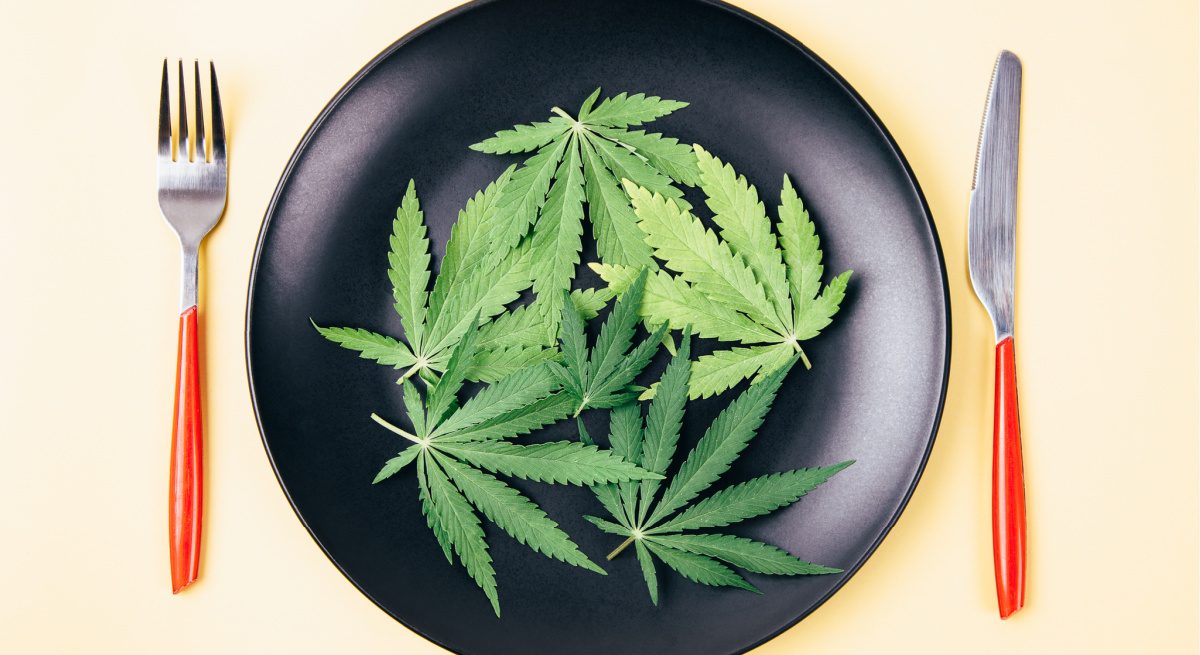What Marijuana Laws Mean for Your Restaurant Business
3 Min Read By Joe Ruzicka
Although still illegal at the federal level, marijuana usage is becoming largely legalized at the state level. Some states have legalized marijuana for both recreational and medicinal purposes, while others have only legalized it for medical use. Whether in favor of or against these new marijuana laws, restaurant businesses that operate in multiple states need to be especially careful about how they approach marijuana in workplace situations.
With the arrival of COVID-19, documented use of cannabis has risen, forcing employers to focus even more on how these laws affect their employees. Additionally, contradictions in employment policies and terms surrounding marijuana laws are on the rise, and employers are having to adapt their policies so that workers know exactly how marijuana use will be treated. This is becoming especially tricky for restaurant businesses or chains that operate across multiple states. For example, in Colorado, businesses face different effects of marijuana laws than their neighbors in Kansas, where usage is still illegal.
If you’re an employer or owner in the restaurant industry, don’t let these changes overwhelm you. Here’s what new marijuana laws might mean for your business.
Concerns Around Employee Productivity
Many employers are becoming increasingly concerned about worker productivity in states where marijuana is legal. The reality is that it comes down to whether employees are doing their jobs. If they’re not producing quality work, their jobs are in jeopardy.
A senior investigator at the National Institutes of Health National Institute on Drug Abuse says there’s plenty of evidence that marijuana use affects performance even days later. Companies have a strong reason to keep their drug-testing policies in place. There’s evidence supporting the effects drugs have on safety, absenteeism, medical costs and productivity. Marijuana use could affect not only an employee’s quality of work, but also whether they show up. Employers and general managers need to watch their workers’ attendance.
Additionally, in Denver, where marijuana has been legal for recreational use since 2012, restaurant executives are saying their workforce is being lured away to higher-paying, lower-demand jobs in the cannabis industry.
New Safety Issues
Safety issues around marijuana consumption are of major concern if an employee is involved in a work mishap while under the influence. These situations place employers and restaurant owners in a difficult place regarding how to move forward following such an incident. If employees partake in marijuana consumption before or after work and are part of an on-site accident, is it because of their marijuana use? It’s hard to tell. If an accident happens and the employee tests positive, employers must have policies in place that determine the appropriate consequences and what qualifies for termination.
In the event of an accident, it also becomes the employee’s burden to show that intoxication wasn’t the direct cause of the accident. The employee might not be entitled to workers' compensation benefits and, in some states, the employer will not be liable for the employee’s actions if a lawsuit is involved.
In states where marijuana is legal for either medical or recreational use, 94 percent of HR professionals indicated they have a written substance-use policy in place. Even though the majority indicated their organizations had a substance-use policy before the legalization of marijuana use, 29 percent reported they modified their policies after legalization. Updates to the safety and liability sections of your company handbook should be made to keep you from facing any potential HR headaches.
Complications with Drug Testing
There is currently no baseline rule for drug testing in the restaurant industry. Some operators test pre-employment, others during employment or when there’s a suspicion of impairment, and some test randomly. This makes dealing with positive drug tests complicated. Some businesses have zero-tolerance rules and others offer workers who fail a drug test the chance to go into treatment.
Not only do drug-testing methods pose a unique challenge to owners and managers, but one-third of restaurant operators in key states indicate that it’s challenging to find new hires who are able to pass a drug screen. And if your business is one that tests potential candidates before hiring, you may have to face upset applicants who challenge your decision if you choose not to onboard them.
As marijuana laws evolve, pre-employment testing could change and become more regular, with random testing becoming increasingly common. We could see more states begin to make pre-employment drug testing illegal, as Nevada has already done. Some states do have laws that protect an employee’s off-duty conduct and consumption of lawful products, but because marijuana is still unlawful at a federal level, consumption could still result in a company rescinding a job offer.
The continued legalization of marijuana will impact the restaurant industry on many fronts, from drug testing and candidate screening to responding to workplace issues and updating employee handbooks. It’s a complex issue to navigate and shouldn’t be attempted without support. Make sure your business is protected and compliant in the mandatory areas by reaching out to an HR expert for guidance.


